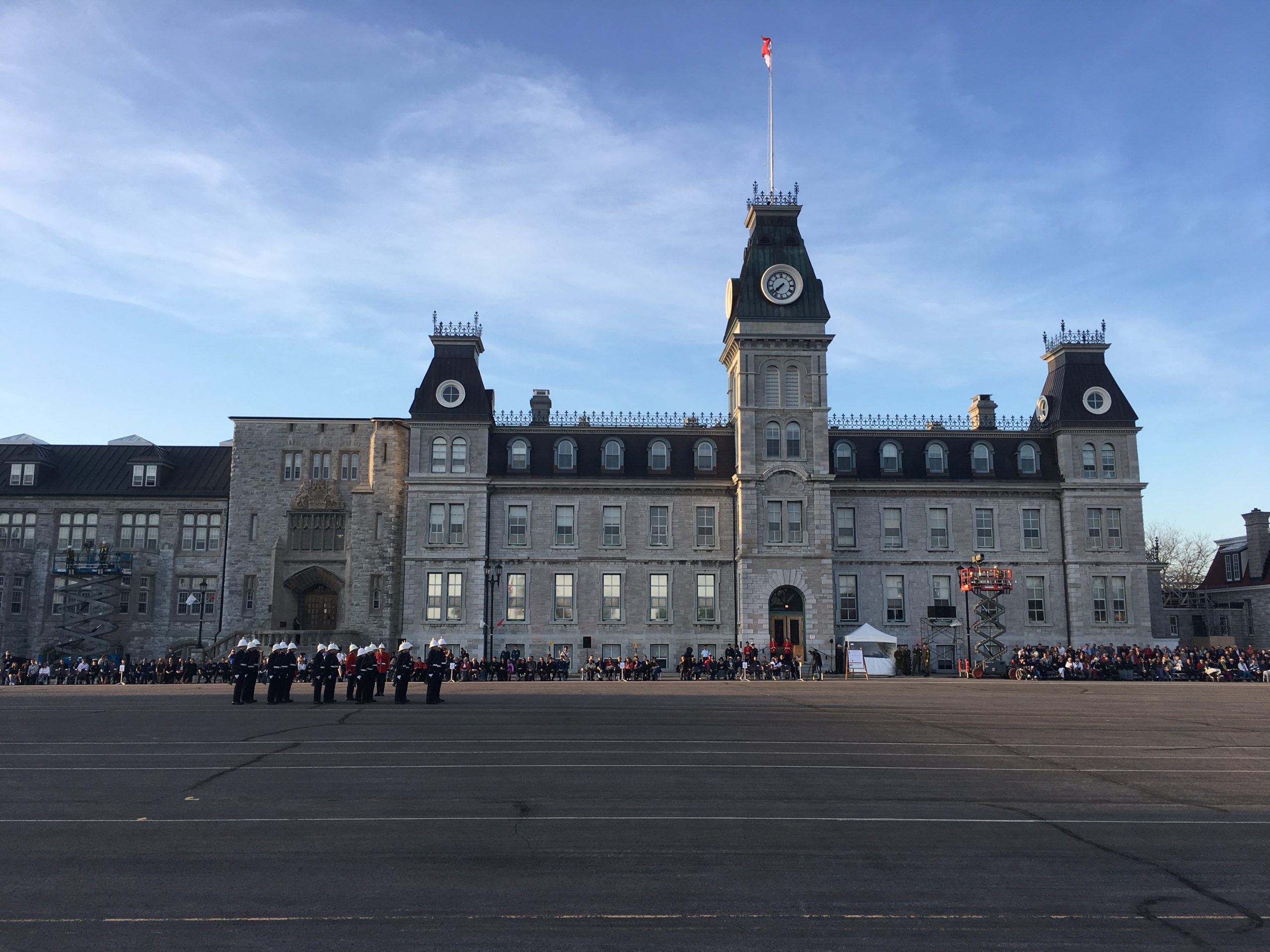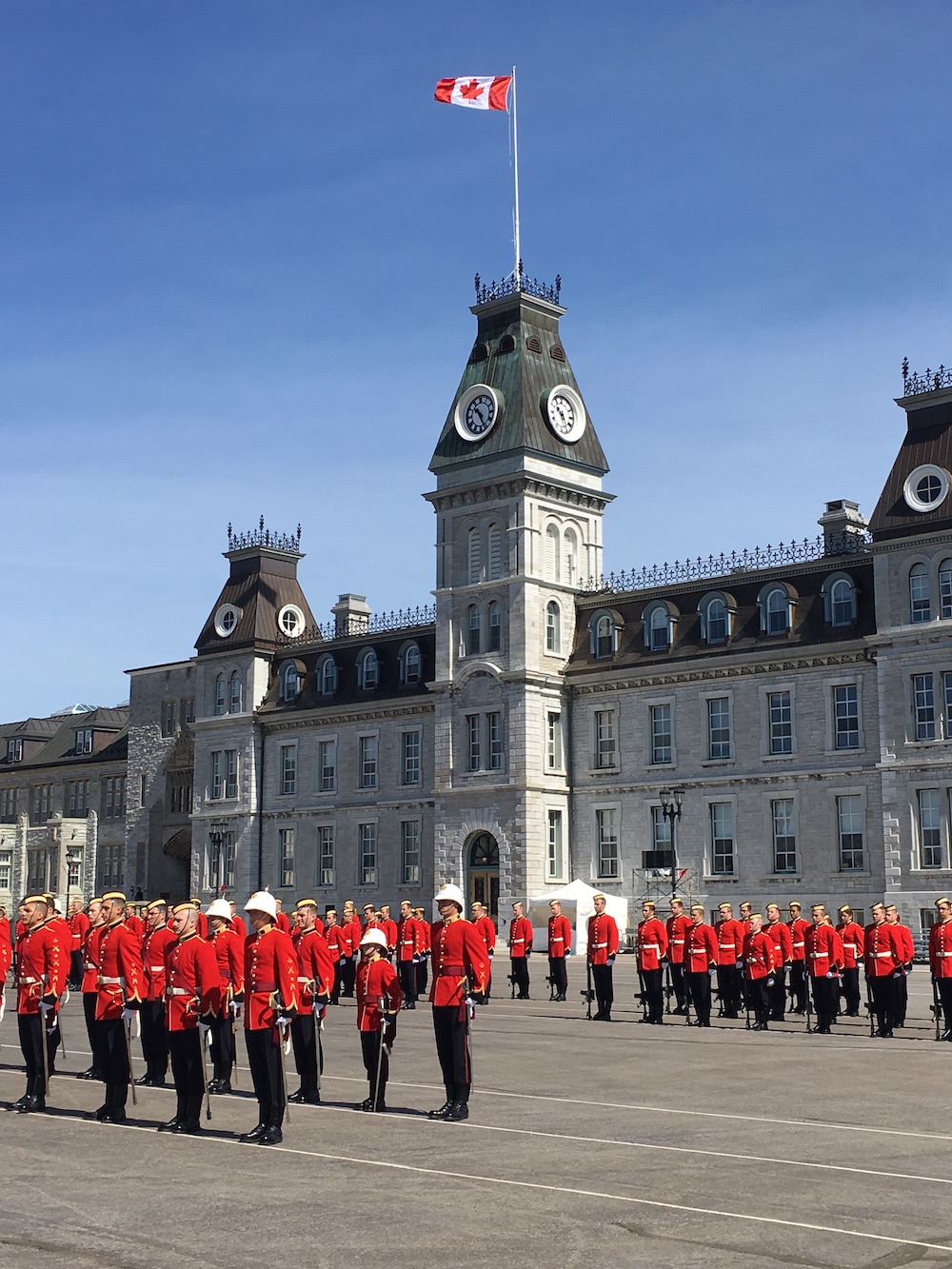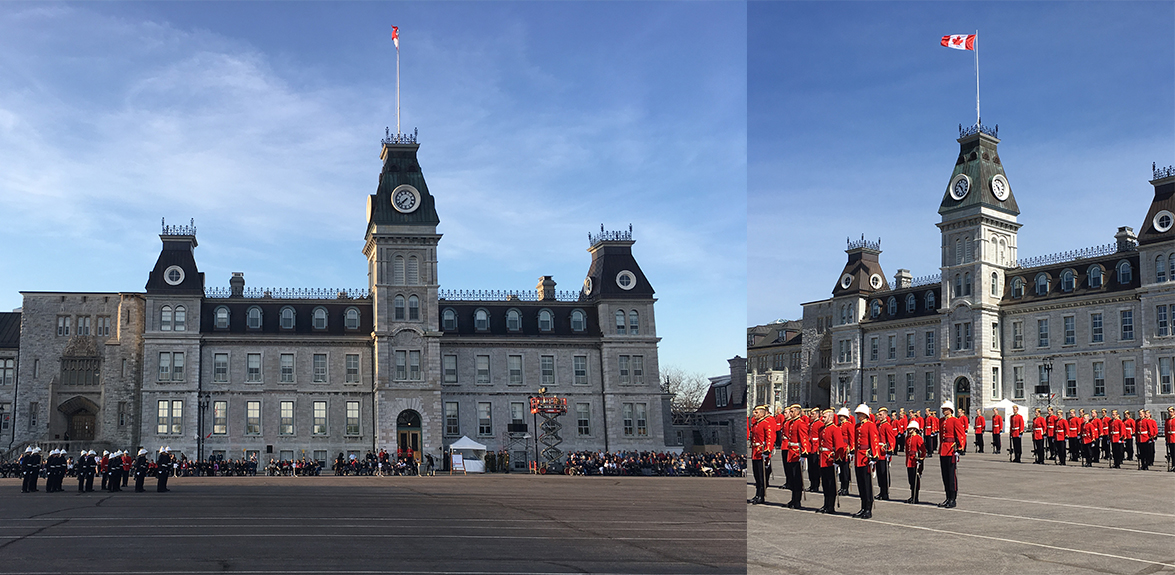Policy
Statistics Canada releases report on Canadian Military College students’ experiences of unwanted sexualized and discriminatory behaviours and sexual assault
Last week Statistics Canada released a report on Canadian Military College (CMC) students’ experiences of unwanted sexualized and discriminatory behaviours and sexual assault 2019.
In response to the report’s release, the Canadian Armed Forces and Department of National Defence released a press release thanking Statistics Canada and the officer cadets that participated in the survey.
“We thank all officer cadets at the Canadian military colleges who participated in this important survey and are especially grateful to those who chose to share such painful and personal events. Our message to those who have experienced sexual misconduct is this: sexual misconduct is not tolerated in the CAF,” noted the press release.
The department and the CAF requested the survey to understand better sexual misconduct affecting the student population at the colleges and establish a baseline.
While the report revealed concerning information, it also noted overall, most CMC students felt safe on and around their military college campuses.

The press release stated, “We must and will do better to ensure that all instructors, staff and officer cadets are aware of their responsibility to create a safe and accepting space for all those at Canadian military colleges. Sexual misconduct runs counter to our military ethos and to the national values the CAF upholds and defends.”
The report noted, in 2019, 68 per cent of Canadian Military College (CMC) students witnessed or experienced unwanted sexualized behaviours in a postsecondary setting. Sexual jokes, inappropriate discussions about sex life, and inappropriate sexual comments about appearance or body were the most common types of behaviours that were witnessed or experienced by CMC students.
Overall, women were more likely to personally experience unwanted sexualized behaviours. The exact stats being 52 per cent of women versus 31 per cent of men, and women were also more likely to consider these behaviours as offensive.
“We are deeply concerned about the wellbeing of our officer cadets; particularly those who experienced sexual misconduct. We will continue to offer support to those who have experienced sexual misconduct,” noted the press release.
The biggest gap in the behaviours reported was for unwanted sexual attention, such as whistles or “catcalls,” which female CMC students were six times more likely to personally experience than male students (24 per cent versus 4 per cent).
The survey revealed two in five CMC students witnessed or experienced discriminatory behaviours in a postsecondary setting in the previous 12 months. The most common form of discrimination at CMC was the suggestion that a man does not act like a man is supposed to act.
The report also noted women were sexually assaulted during their time as CMC students more than six times as much as men. More specifically, during the previous 12 months, 15 per cent of women and 3.6 per cent of men were sexually assaulted.
“The results indicate we need to do more as an institution to foster an environment of mutual respect, trust, and dignity,” the press release noted.
READ THE FULL REPORT HERE
“When we accept students into our military college, we also accept the responsibility for contributing positively to their development and ensuring their safety and wellbeing. We also accept responsibility for shaping them into military members who will one day become the leaders of the CAF. As a result, in addition to their studies, they live and train within a military lifestyle environment, which includes respect for others, working as part of a team, and exercising leadership responsibilities,” stated the press release.
The report noted students indicated that unwanted sexualized or discriminatory behaviours, more often than not, took place on campus and in environments that are often with more people. Additionally, 84 per cent of students indicated that unwanted sexualized behaviours occurred at an off-campus restaurant or bar.
The perpetrators of unwanted sexualized or discriminatory behaviours were often fellow students from Canadian Military Colleges (94 per cent and 86 per cent, respectively).
CMC students rarely spoke to someone associated with their school about the unwanted sexualized or discriminatory behaviours they experienced, but they were often aware of resources available to assist them.
READ FULL STATEMENT HERE
The press release read, “Since the spring of 2019, both military colleges have taken further steps to educate officer-cadets about their expected conduct and their duty to report when witnessing any form of sexual misconduct. RMC Kingston has worked in partnership with the Sexual Misconduct Response Centre (SMRC) since the spring of 2019 to pilot a comprehensive prevention program.
“It includes specialized training for all academic and military staff to better prevent, recognize, and respond to sexual misconduct; a new curriculum for the officer-cadets that builds knowledge and skills in a progressive way over their four-year program; and enhanced response and support services to those who experienced sexual misconduct.”
The program began before the survey results were known. The press release stated the colleges would work together to ensure they continue to analyze the survey results and adjust their programs appropriately.

The report noted most CMC students chose not to intervene, seek help or take other action when they witnessed unwanted sexualized or discriminatory behaviours, often because they did not think the situation was serious enough. Many women, in particular, did not act when witnessing sexualized behaviours because they felt uncomfortable.
Women and those who experienced these behaviours or sexual assault were less likely to feel safe, than men and those who did not experience these types of behaviours.
The department and CAF ended their statement noting, “The CAF is committed to providing a work, living, and study environment free from sexual harassment, discrimination, and assault for all its members and we will continue to use existing disciplinary and administrative punishments when incidents of sexual misconduct occur. The success of the CAF depends on the unwavering trust and teamwork amongst all our people. Canadian military colleges will use the report’s finding to better prepare its students for their future responsibilities in the CAF.”









